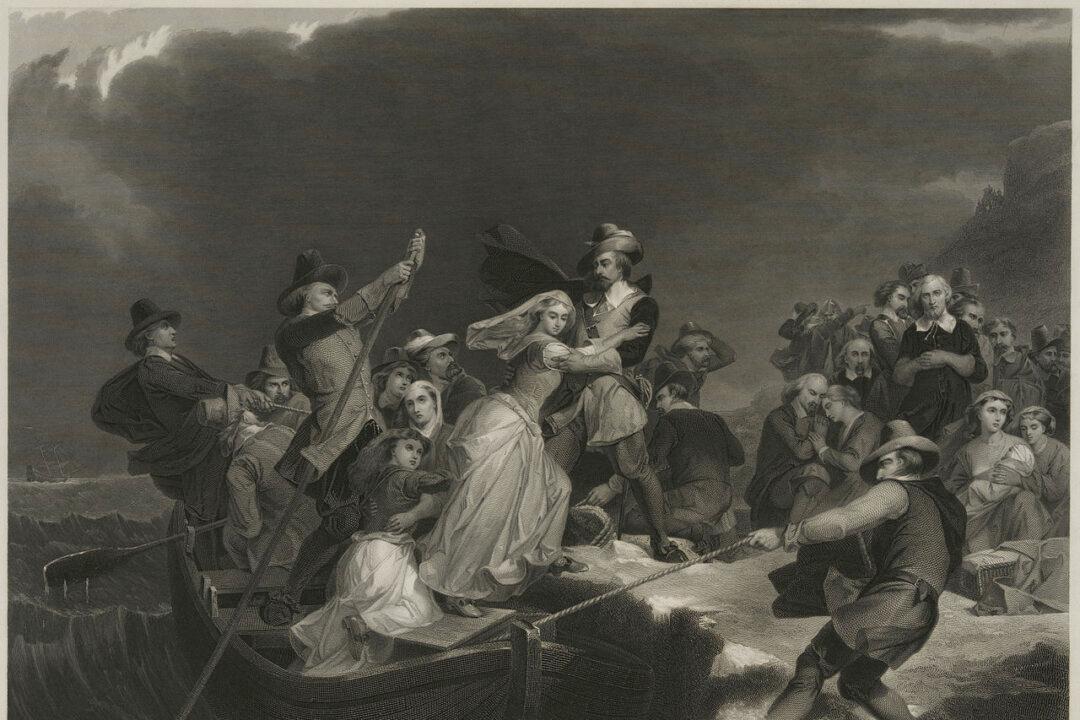It happened this past Saturday night, as it has on others before. My wife and I had taken our seats at a nice restaurant and the waiter asked if we’d like to order drinks. My wife asked for a glass of chardonnay—whichever was oakiest—and I ordered a malbec.
“We have two,” the waiter said, as my wife cringed. “The Leaping Aardvark and the San Clemente” or whatever.






